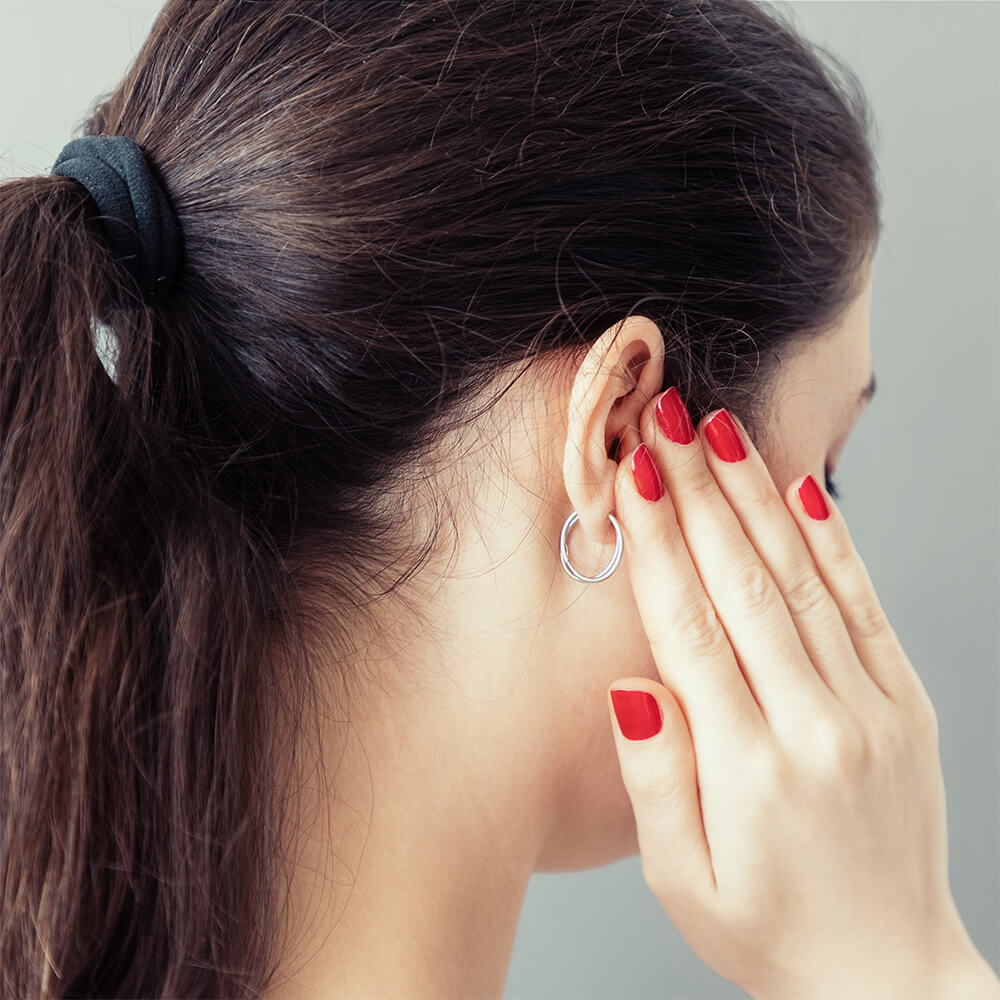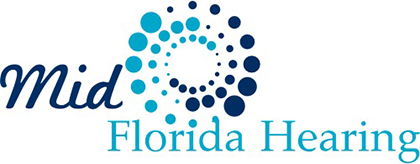Tinnitus Overview

Tinnitus is a common symptom of hearing loss.
Tinnitus Causes
Hearing Loss
One of the most common causes of tinnitus, it is estimated that 90% of all tinnitus occurs with hearing loss. Hearing loss typically results from damage to the cochlear hair cells. These cells help convert sound waves into signals for the hearing nerve to carry to the brain. When the auditory pathways or circuits in the brain do not receive the messages they anticipate from the cochlea, the mind, in fact, 'turns the volume up on those pathways in an attempt to locate a signal. This is comparable to when you turn up the volume on a car radio to hear the music better. The noise it results in is what we call tinnitus — a high-pitched sound if the hearing loss is high-frequency and low-pitched if it is low-frequency.
Ear Obstructions
Physical blockages in the ear can prevent sound from being fully absorbed and processed. This includes an accumulation of ear wax, dirt or other substances, and bone growths. These obstructions prevent sound from traveling through the ear canal and to the inner ear. It can also lead to bacteria building up in the ears which produce infection or irritation and this can trigger tinnitus.
Inner Ear Disorders
This includes Meniere's disease which occurs when fluid accumulates in the cochlea. This produces different symptoms including pressure in the ears, dizziness, and tinnitus. Other causes of tinnitus include head injuries, temporomandibular joint disorder (TMJ), autoimmune conditions, hyperthyroidism, and specific types of medications.
Early Signs of Tinnitus
Thumping sound in the ears
Tinnitus sounds can vary from ringing to clicking but it can also sound like a thumping noise. This can mirror one’s pulse and this type of tinnitus is referred to as pulsatile tinnitus.
Hearing music
In addition to hearing these specific sounds, tinnitus can also involve hearing music when no music is actually playing. People often mistake this as background noise rather than tinnitus.
Challenges with hearing
Tinnitus can strain communication because it makes it challenging to hear clearly. This can impact conversations and spending time with others.
Tinnitus Treatment
Treating hearing loss
This is a type of sound therapy that involves a process of retraining the brain to interpret tinnitus differently. TRT focuses on having the brain reclassify tinnitus as mundane and neutral - similar to how we interpret background noise.
Tinnitus retraining therapy (TRT)
Because a major cause of tinnitus is hearing loss, having your hearing assessed is an important first step. Hearing loss is most commonly treated with hearing aids. These devices are designed to provide the ears and brain with ample support, maximizing hearing capacity. Hearing aids also alleviate symptoms including tinnitus. Also, today’s hearing aids also offer tinnitus masking features which are designed to provide ambient noise; reducing the presence and impact of tinnitus.


